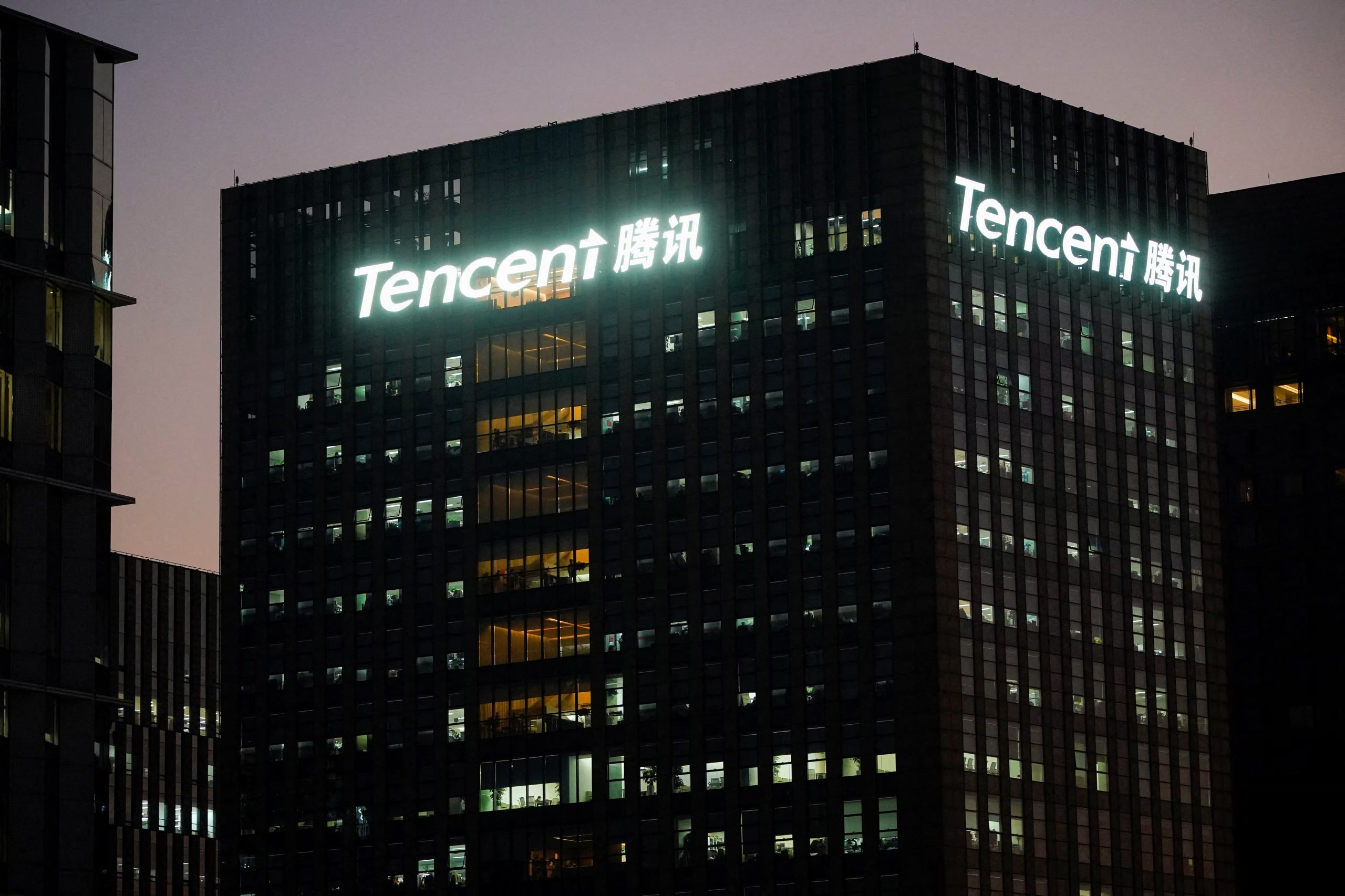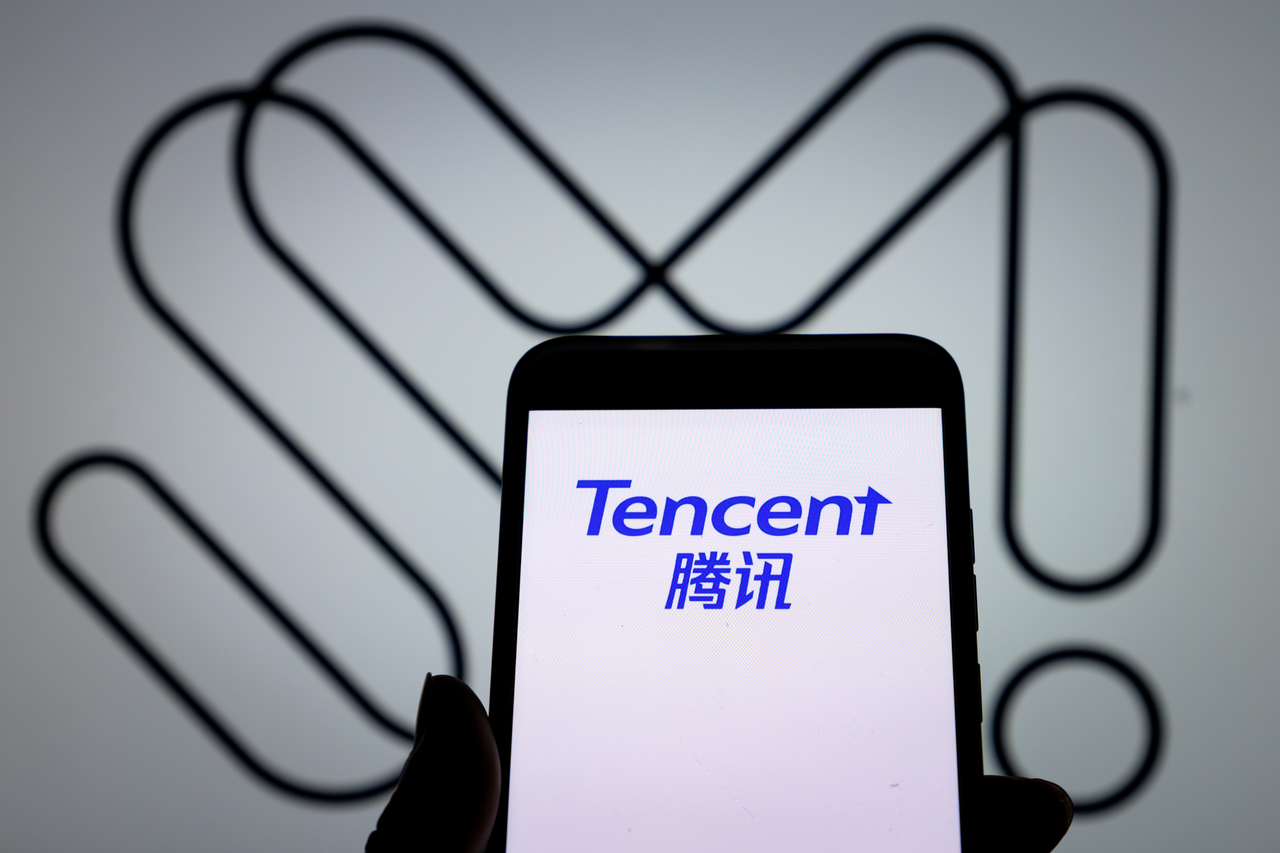Tencent Becomes SM Entertainment’s Second-Largest Shareholder: New Opportunity or Cultural Risk?

In a move that has stirred both opportunity and concern, Chinese tech giant Tencent has become the second-largest shareholder of SM Entertainment, one of Korea’s “Big Three” entertainment companies known for launching major K-pop acts.
The news comes as Korean entertainment companies begin re-entering the Chinese market, following signs of relaxed restrictions and thawing cultural tensions between the two countries. Korean hip-hop groups are now performing in China again, and SM has announced joint business ventures with Tencent, including plans for Chinese idol training programs.

According to industry analysts, this signals a strategic push by Tencent to tap into the global power of K-pop, leveraging SM’s intellectual property and production capabilities. SM’s collaboration with Tencent is seen as part of a broader trend where Chinese firms seek to benchmark and replicate Korean entertainment models.
However, concerns are growing over Chinese capital’s influence in Korea’s cultural sector. Tencent’s market value is approximately 818 trillion won (approx. $599 billion USD) a staggering 267 times larger than SM’s, and more than the combined value of Korea’s top four entertainment agencies.

Moreover, Tencent already holds significant shares in other major Korean entertainment companies, raising alarms over the long-term impact on Korea’s cultural autonomy. Critics warn that without careful regulation, Korean content could face foreign control or dilution, potentially weakening its global brand identity.
As cultural exchanges become more active, we must be cautious,” said one industry observer. “Unregulated capital flow could lead to a situation where our cultural market is hollowed out.”
While many see Tencent’s investment as a chance for Korean companies to expand their global footprint, others fear it may compromise the very authenticity that made K-pop a worldwide phenomenon.









